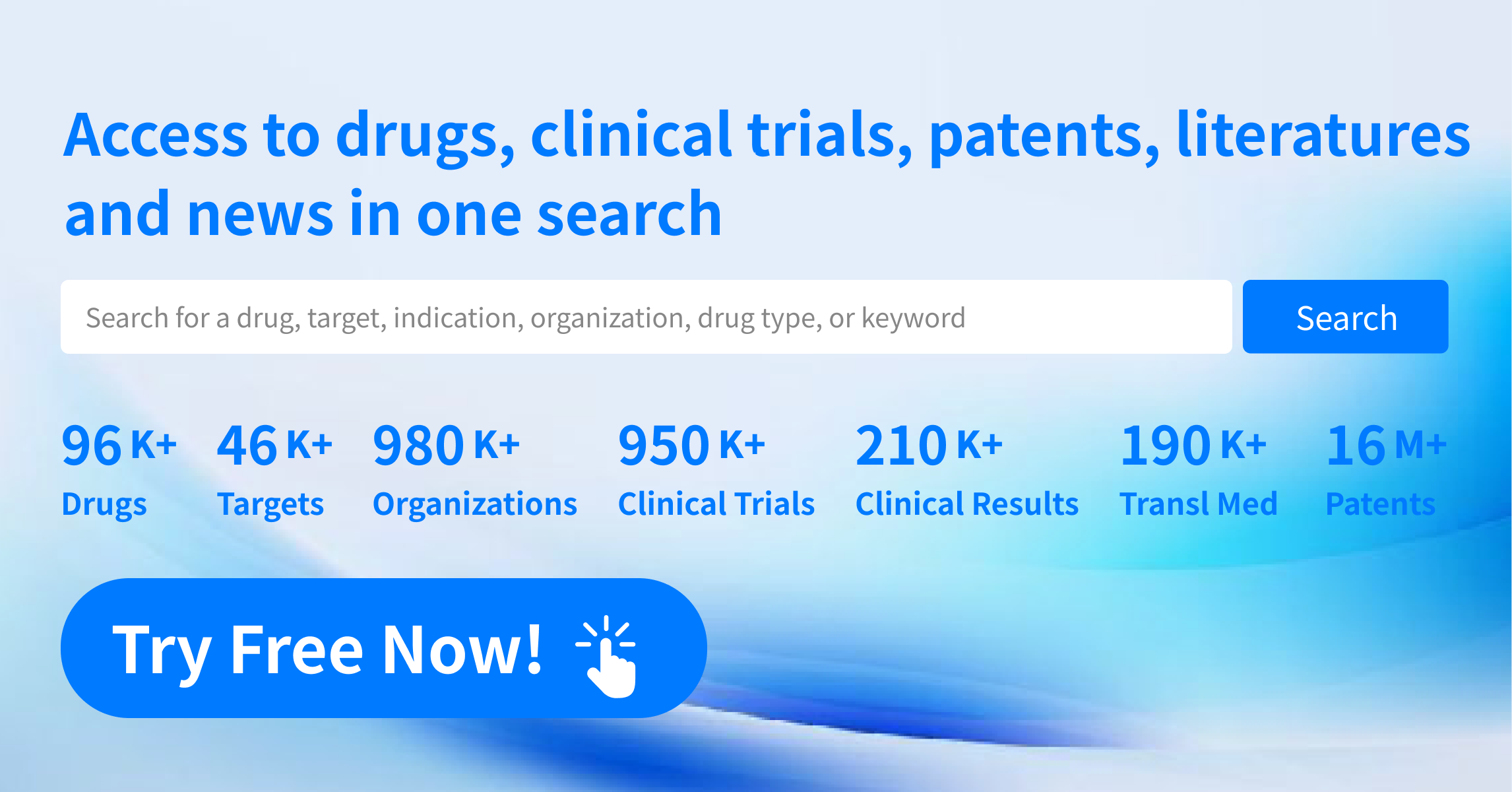Pharma Frontiers: Daily Digest of Global Pharmaceutical News – Sep 27
1. Innovent Biologics: First Domestic IL-23 Antibody Marketing Application Accepted
On Sep 26, Innovent Biologics announced that the new drug application (NDA) for Picankibart injection had been accepted by the Center for Drug Evaluation (CDE) for the treatment of moderate to severe plaque psoriasis. Picankibart is the world’s first IL-23p19 antibody drug to achieve over 80% of participants reaching PASI 90 at week 16 in a pivotal Phase III trial. It also has the longest maintenance dosing interval among similar biologics, with injections administered every 12 weeks, offering potential benefits such as lesion clearance, improved quality of life, and enhanced convenience for Chinese patients with moderate to severe plaque psoriasis.
This NDA acceptance is based on the positive results from the Phase III registrational trial CLEAR-1 (NCT05645627), conducted among Chinese patients with moderate to severe plaque psoriasis. In May 2024, the trial successfully met both its primary and key secondary endpoints. Results showed that after 16 weeks of treatment, 80.3% of patients in the Picankibart group achieved PASI 90, and 93.5% reached sPGA 0/1, significantly outperforming the placebo group (PASI 90: 2.0%, sPGA 0/1: 13.1%; both P<0.0001), with a dosing interval of every 12 weeks during the maintenance phase.
2. Juventas Cell Therapy: Second Indication for CAR-T Product Submitted for Approval
On September 26, CDE publicized that the marketing authorization application for Juventas Cell Therapy’s first CAR-T cell therapy product, Inaticabtagene Autoleucel injection, for a new indication had been formally accepted. The application is for the treatment of relapsed or refractory large B-cell lymphoma (r/r LBCL) in patients who have failed at least two lines of systemic therapy. This marks the second new drug application in China for Inaticabtagene Autoleucel, following its submission for adult relapsed or refractory B-cell acute lymphoblastic leukemia (r/r B-ALL).
3. AstraZeneca: Tagrisso Approved for New Lung Cancer Indication in the U.S.
On September 25, the FDA website announced that AstraZeneca’s third-generation EGFR inhibitor, Tagrisso (Osimertinib), was approved for a new indication: the treatment of patients with unresectable Stage III EGFR-mutant (Exon 19 deletion or Exon 21 L858R mutation) non-small cell lung cancer (NSCLC) whose disease has not progressed during or after concurrent or sequential platinum-based chemoradiation therapy (CRT). To date, Tagrisso has been approved for five indications.
This FDA approval is primarily based on positive results from the Phase III LAURA trial (n=216). The trial showed a significant extension of progression-free survival (PFS) in the Tagrisso group compared to the placebo group (39.1 vs. 5.6 months, HR=0.16, P<0.001). At the 12-month mark, 74% of patients in the Tagrisso group were alive and progression-free, compared to 22% in the placebo group. At 36 months, 84% of patients in the Tagrisso group and 74% in the placebo group were still alive (HR=0.81, P=0.53, with a data maturity of 20%).
4. MSD: PD-1+LAG-3 Combo Fails in Phase III Colorectal Cancer Trial
On September 25, MSD announced that the Phase III KEYFORM-007 trial of Favezelimab (MK-4280) + Pembrolizumab combo (MK-4280A) for the treatment of PD-L1-positive microsatellite stable (MSS) metastatic colorectal cancer (mCRC) patients did not meet the primary endpoint in the final prespecified analysis.
The trial was a randomized, open-label clinical study (n=441) evaluating the efficacy and safety of the MK-4280A combo (800mg MK-4280 + 200mg Pembrolizumab) compared to standard therapy (Regorafenib once daily or TAS-102 (Trifluridine and Tipiracil) twice daily) in PD-L1-positive MSS mCRC patients who had previously received standard treatments. The primary endpoint of the study was overall survival (OS). Results showed that the OS in the MK-4280A group was not significantly longer compared to the standard treatment group. Additionally, the safety profile of MK-4280A was consistent with previous studies, and no new safety signals were observed. MSD is thoroughly evaluating the detailed data and will share the findings with the scientific community in due course.
5. Medilink Therapeutics: B7-H3 ADC Enters Phase III Clinical Trial for Small Cell Lung Cancer
On September 25, Medilink Therapeutics registered a Phase III clinical trial for its novel B7-H3 ADC drug YL201 for the treatment of small cell lung cancer (SCLC) on Clinicaltrials.gov. This Phase III trial plans to enroll 438 patients with relapsed SCLC, comparing YL201 with Topotecan, with preliminary completion expected by the end of 2027. The primary endpoint is overall survival (OS).
At this year's ESMO conference, Medilink Therapeutics disclosed the latest clinical data for YL201. As of August 9, 2024, among 276 patients with at least one post-baseline tumor evaluation, the overall objective response rate (ORR) was 44.6%, and the disease control rate (DCR) was 83.7%. In the ES-SCLC cohort, 72 patients were evaluable for efficacy, all of whom had previously received platinum-based chemotherapy, and 95% had undergone anti-PD-(L)1 treatment. In ES-SCLC patients, the ORR for YL201 was 68.1% (ORR ≥2.0 mg/kg was 70.0%), and the median progression-free survival (mPFS) was 6.2 months (mPFS ≥2.0 mg/kg was 6.2 months). Regarding safety, in the overall population of 312 patients, the incidence of Grade 3 or higher treatment-related adverse events (TRAE) was 51%, and the incidence of serious adverse events (SAE) was 28%.
6. Positive Phase II Results for PDE4 Inhibitor Orismilast
On September 25, UNION Therapeutics announced positive results from the Phase 2b ADESOS clinical trial of its potential first-in-class oral therapy Orismilast for the treatment of adult patients with moderate to severe atopic dermatitis. Based on this progress, the company plans to advance the therapy into Phase III trials.
Data from the randomized trial of 233 patients indicated that, compared to the placebo group (n=55), more patients in the 20 mg (n=58), 30 mg (n=61), and 40 mg (n=59) Orismilast groups reached an Investigator's Global Assessment (IGA) score of 0 or 1 at week 16 (rates of 26.3%, 24.3%, 30.9%, and 9.5%, respectively; all p<0.05). Additionally, all treatment groups demonstrated significant reductions of ≥4 points in the Numeric Rating Scale (NRS) for itching by week 2, with significant improvements over placebo (p<0.05). Orismilast is a next-generation, high-potency phosphodiesterase-4 (PDE4) inhibitor targeting the PDE4B/D subtypes associated with inflammation, showing strong inhibition of the Th1, Th2, and Th17 pathways.
7. 858 Therapeutics Completes $50 Million Series B Financing
On September 26, 858 Therapeutics announced the completion of a $50 million Series B financing round, led by Avidity Partners. Insight Partners, Mirae Asset Capital, Alexandria Venture Investments, and existing investors Versant Ventures, NEA, and Logos Capital also participated. As part of the financing, Dr. Monal Mehta, Managing Director of Avidity Partners, will join the company’s Board of Directors.
858 Therapeutics is developing a portfolio of small molecule therapies targeting novel oncology and immunology pathways. Its lead programs focus on critical nodes in cancer biology, including DNA damage repair, innate immunity, and RNA epigenetics. The company’s lead asset, ETX-19477, is a potent and selective small molecule inhibitor of the DNA repair protein PARG, currently being evaluated in patients with advanced solid tumors.
8.$50 Million Financing to Develop Gene Medicines Using AI/ML
On September 26, Flagship Pioneering, an innovation company for biological platforms, announced the launch of Mirai Bio, a company pioneering the first open, end-to-end platform in the biotech industry for co-creating fully optimized gene medicines. Mirai’s open platform, powered by machine intelligence, uses proprietary data algorithms and machine intelligence to unlock delivery to any tissue and cell type, optimize cargo design, facilitate manufacturing, and accelerate the clinical translation of gene medicines for its partners. Mirai plans to further advance its platform with an initial $50 million commitment from Flagship to strengthen and accelerate the development of gene medicines across a broad range of therapeutic areas and drug modalities. Mirai was founded by Flagship Pioneering in 2021 and is led by experts with decades of experience in driving gene medicine innovation.
How to obtain the latest research advancements in the field of biopharmaceuticals?
In the Synapse database, you can keep abreast of the latest research and development advances in drugs, targets, indications, organizations, etc., anywhere and anytime, on a daily or weekly basis. Click on the image below to embark on a brand new journey of drug discovery!




